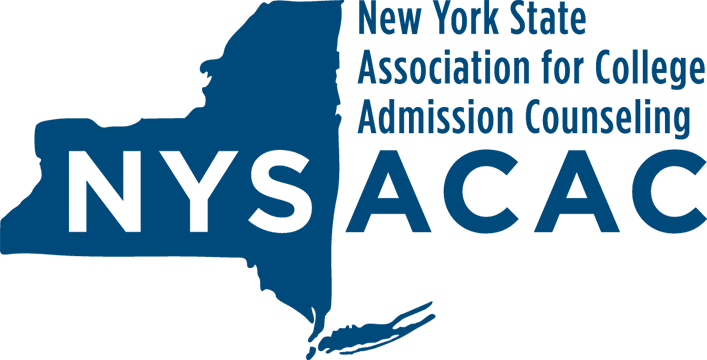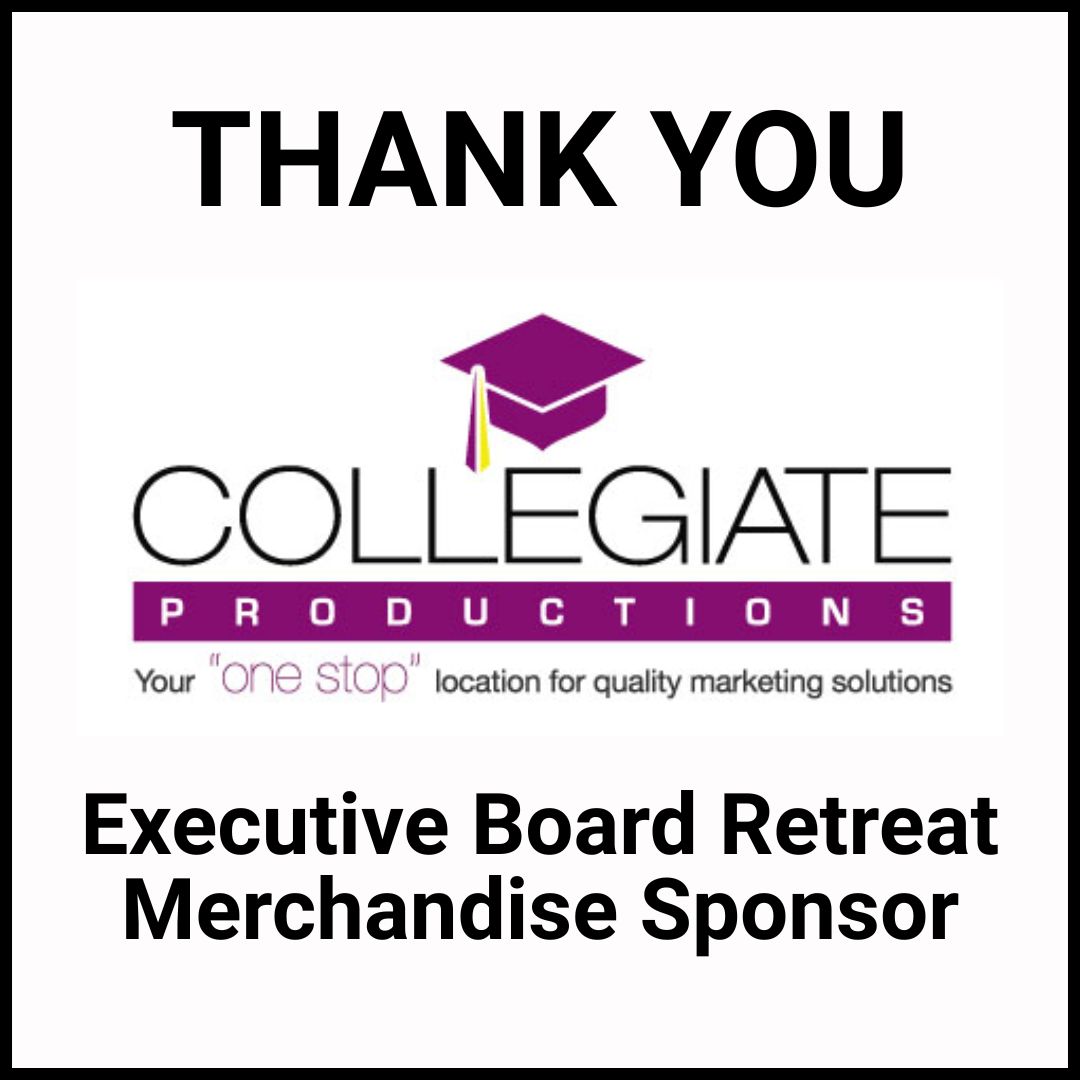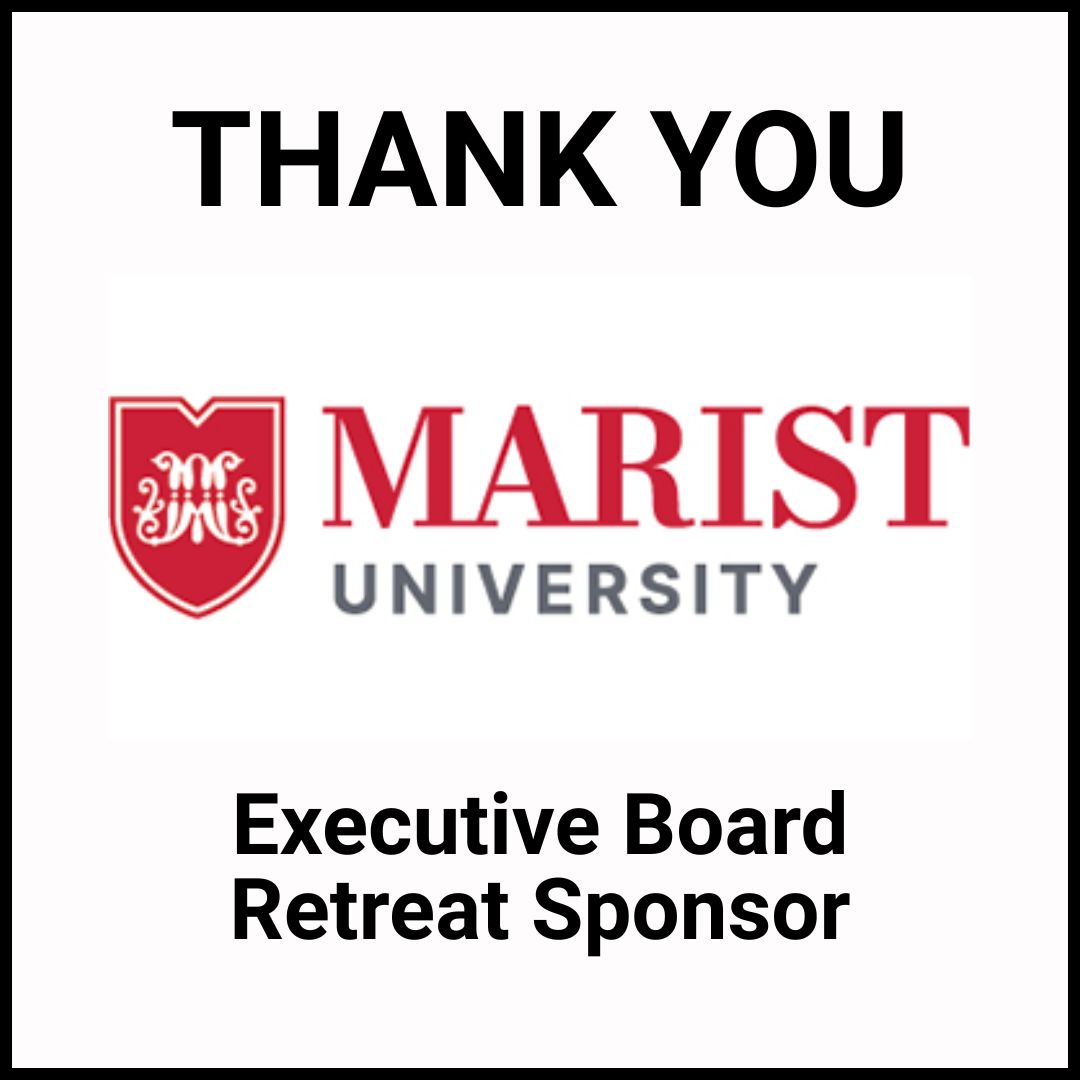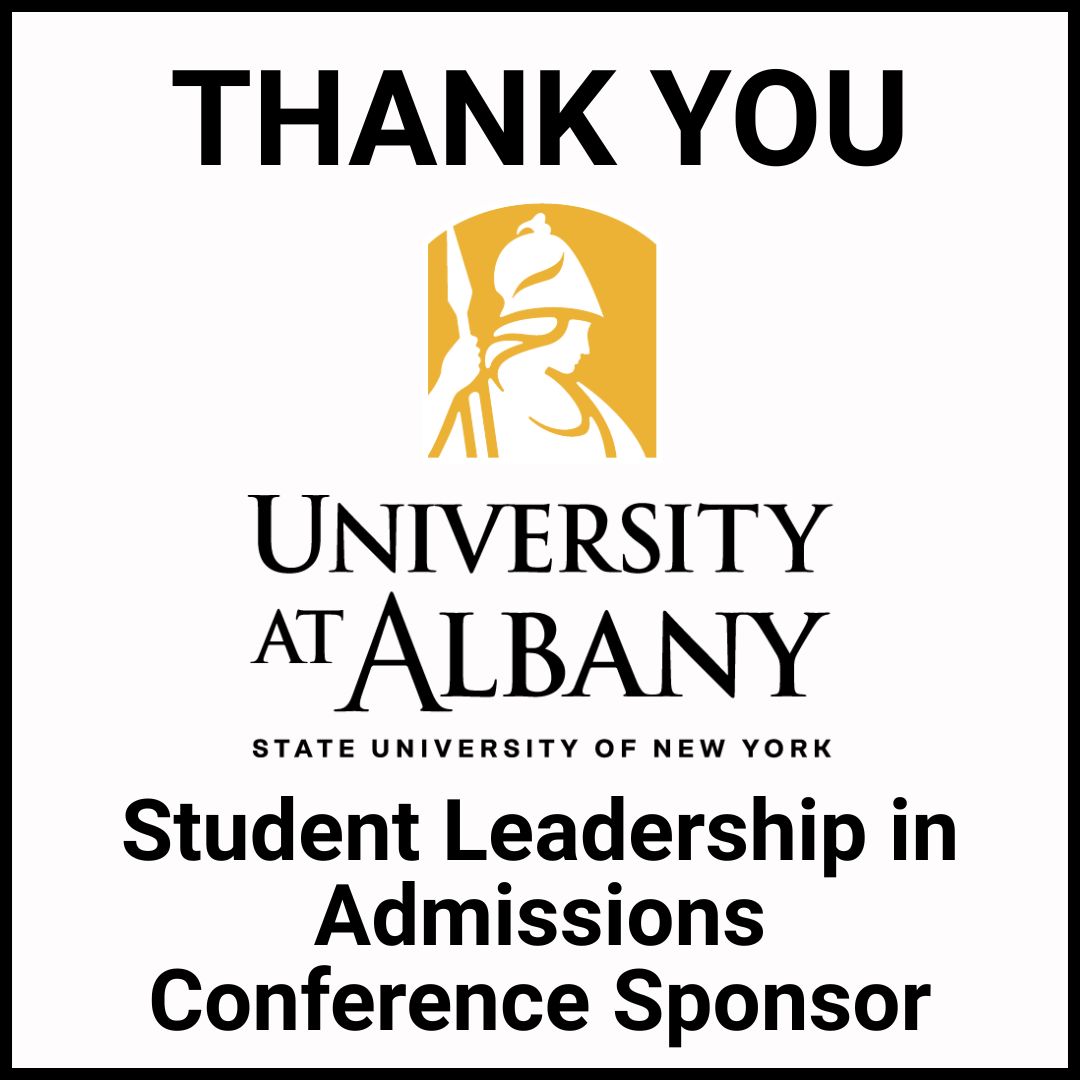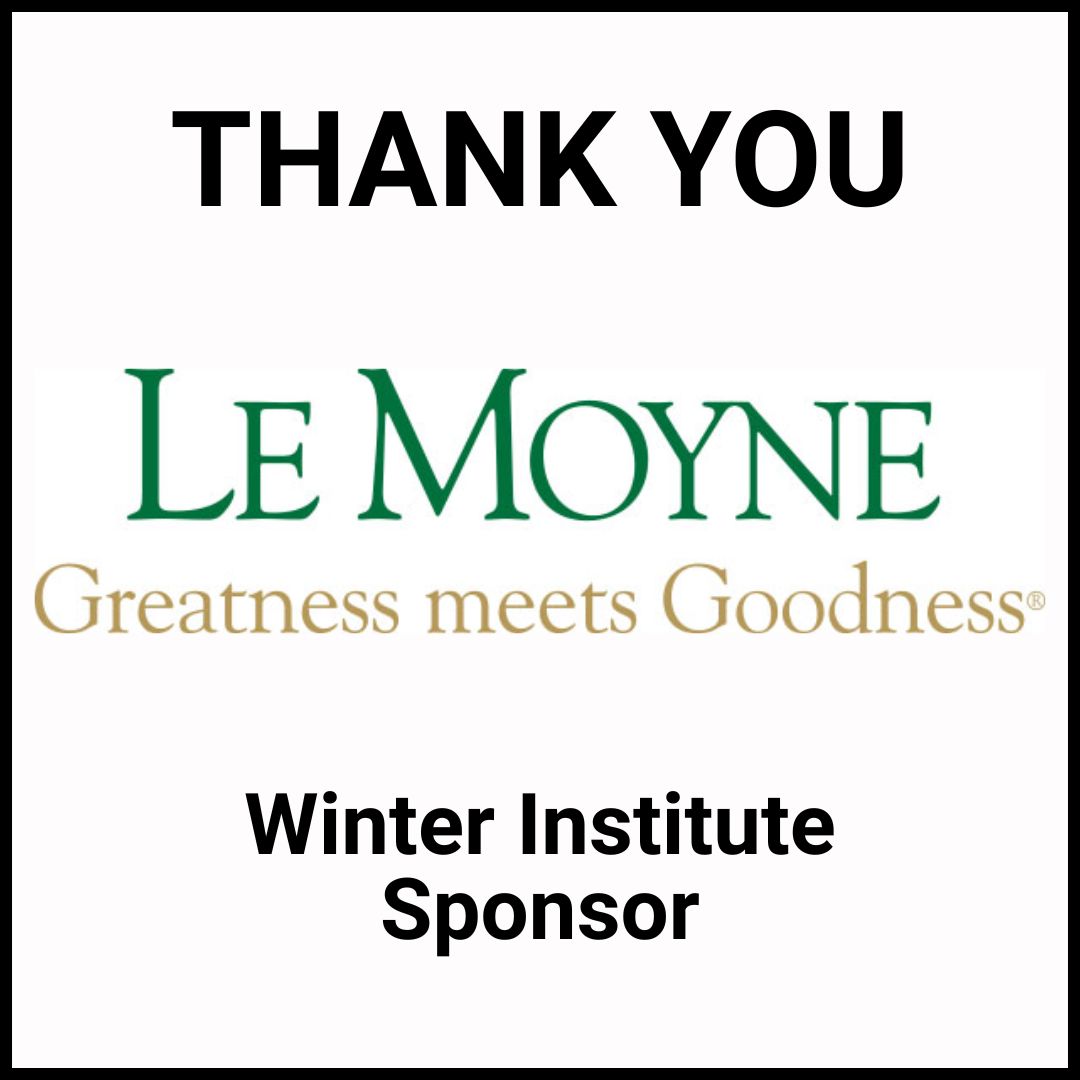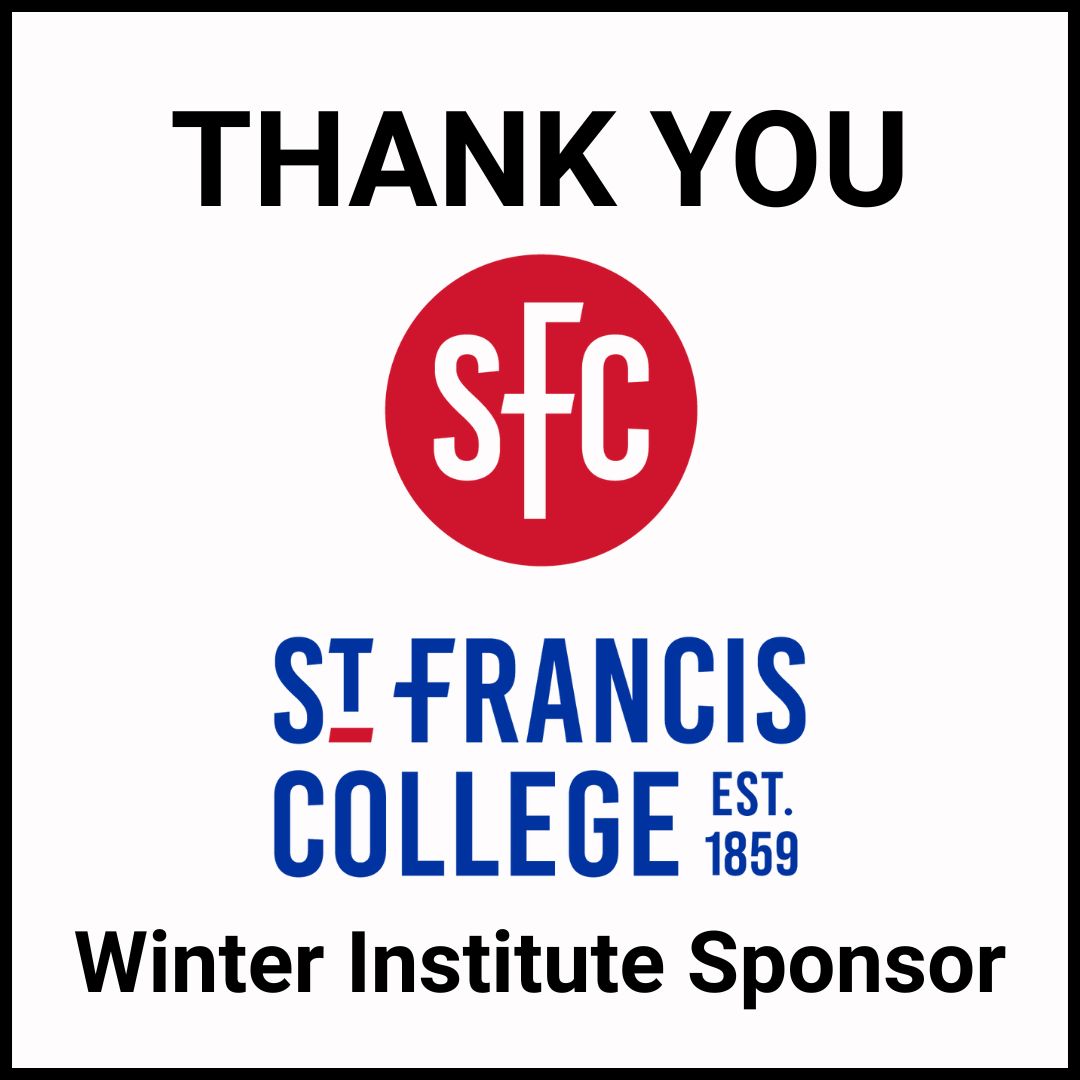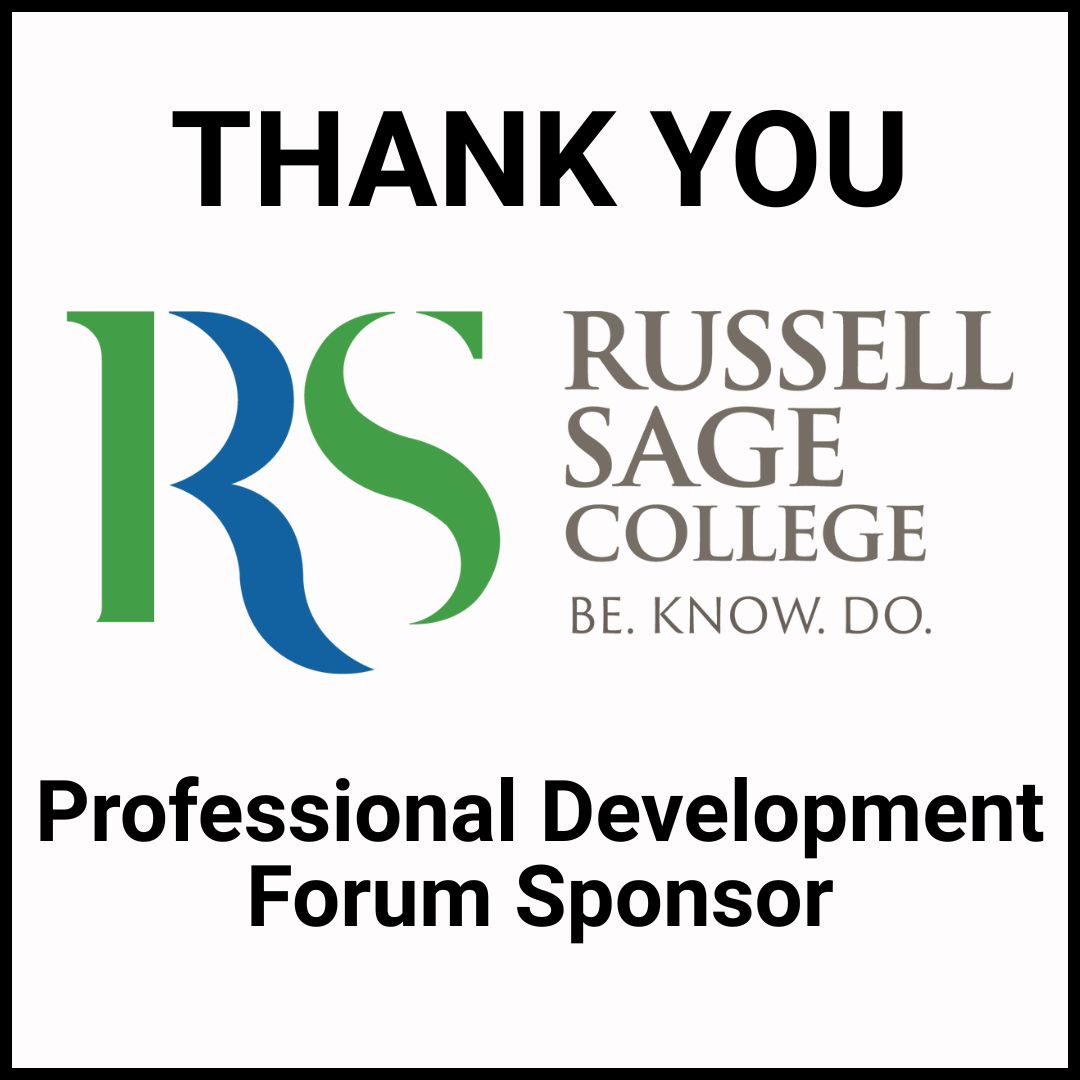- Home
- About
- News
- Government Relations
- Professional Development
- Community Outreach
- Donate
- Membership
|
It starts by recognizing that the root of this problem is deep, historic, and systemic, and solving it will require an examination of some ugly truths at the heart of our society. But what better place for that reckoning to begin than in the US education community, the place where we all work? - Joyce Smith, NACAC CEO NYSACAC Family,
Our country has suffered incredible loss this year. Most recently, communities are grieving and mourning the killings of George Floyd, Ahmaud Arbery, and Breonna Taylor and fighting against systemic injustice that has plagued our country, and our history. We are observing blatant acts of hatred and white supremacy against members of our Black communities only to magnify a social divide. We are bearing witness to the outcry, anger, riots and protests in our city streets. NYSACAC is committed to fostering an anti-racist community and educating others on anti-racist work while honoring the diversity of its membership.
We urge you to seek opportunities to further engage your own networks in anti-racist and cultural competency work. There is still a significant need at organizational and individual levels to ensure that community members, especially those who identify as Black and/or people of color, feel safe, valued, and equal. It is more important than ever for us to proclaim Black Lives Matter.
We challenge you to elevate the voices of anti-racism, equity and justice and to educate yourselves with an intent to understand and inspire change. We commit to doing the same within our organization. Continue to support one another, and your students, during these incredibly difficult times and remember to also take good care of yourselves.
In Solidarity, Stephanie Espina
President Cassie Magesis Immediate Past President
Marissa Guijarro President-Elect
Stephanie Espina, NYSACAC President
It’s remarkable how quickly everything around us has changed within the last couple of months. Like other regional affiliates across the country and abroad, NYSACAC has had to pivot quickly to convert in-person events to virtual programming, create online spaces for resource-sharing and information-exchange, and more than ever, continue to think long term about the financial stability of the organization. All the while, the professionals within our community have had to work double duty in their day-to-day work and home lives throughout this transition. As we continue to navigate our future together, we’re faced with professional challenges, numerous disruptions and of course, emotional stress, perhaps felt most by the students we serve. NYSACAC urges its member institutions to lend flexibility to prospective students and applicants as it pertains to changes in high school and/or college transcripts, standardized testing requirements, college credit transfer policies and students’ financial needs. Breaking down barriers to higher ed access and persistence is mission critical. In April, we ran our very first virtual executive board meeting, and this week we are offering our first virtual Coming Together and Annual Conference (who would have thought?) We intend to deliver alternative virtual programming this summer, and we will monitor the possibility of in-person events for this fall and winter. Throughout this shift, we have been hosting virtual discussions to continue our grant project work in collaboration with the Bill and Melinda Gates Foundation. Looking ahead, NYSACAC will certainly continue to adapt to the needs of its membership and we will remain open to new possibilities and a brighter future. As I wrap up my presidential year, I am incredibly grateful for our presidents (past and present), executive board, committee members, and general members for their support. Despite these challenging times, I am reminded every day of your dedication, creativity and resilience in serving students and communities across New York State. We are, and always will be #NewYorkStrong! All the best, Stephanie Espina
President, NYSACAC Going to high school is challenging enough without dealing with Covid19. This is supposed to be a time of exams after a school year of work, followed by celebration and congratulations as seniors make their college choices. Instead you’ve ended up working at home, sharing space and equipment with parents and siblings, needing to help and be patient, perhaps losing family and friends to Covid19, or dealing with parents’ loss of jobs.
Even more importantly you can’t get together in person with friends. Social media, phones, and the omnipresent Zoom is a true silver lining but it doesn’t replace sitting next to people in class or at lunch, dancing, or just being close enough to touch a friend on the arm or to give a hug. Okay, just writing that is a lot but from my adult perspective it’s got to be said. It’s got to be said because millions of people’s lives are disrupted. Our personal life stories are important. You don’t get to control all the details but you do control your actions and reactions. A few years ago when one of my interns graduated from college and began her first job she said the challenge wasn’t the work, it was how to do the work. In school she was used to big ups and downs, sprinting to write papers and do projects, and then downtimes with lots of sleep, parties, and time spent with friends. In her new job she tried to get everything done in the first week (to show how hard she was working). When she arrived on Monday of her second week there was still work to do. She took a step back and realized midterms and finals were never going to happen. She needed to find a better approach or she would burn out. Humans like to be together. Not becoming infected with Covid19 requires everyone to stay away from the human contact that is so natural to many of us. We need to be deliberately mindful of actions that many of us didn’t think about before, like washing our hands for a long time or not touching our faces. Avoiding Covid19 has disrupted how school and college, sports, parties, vacations, internships, study abroad, and daily life at home is happening. It’s not anyones’ fault, and that is really hard. It’s easier to deal with a disruption in things you care about when there is someone to blame. You don’t get to control all the details but you do control your actions, and reactions. In February 2020 you probably had some kind of break at school. Maybe you went on a family vacation, or were happy to have time to sleep and catch up on homework. High school juniors were working hard in classes, taking tests, and thinking ahead to college visits and research. Seniors were considering college decisions, and thinking ahead to graduation. How the people in the world spend their daily lives changed in March 2020. The high grades and test scores that fuel the need to achieve have changed into Pass/Fail and postponements. Deciding on a college now includes the question “will it only be online classes?” Graduations, along with other celebrations like weddings and parties, may not happen or will be virtual. Whatever control any of us had in our lives is overshadowed by a new goal: don’t get infected with Covid19. You do control your actions, and reactions. I’ve spent a lot of words repeating things you already know. I’ve done this because you need to understand how important it is to be honest with yourself about how this pandemic has impacted your reality so you can decide where and how you will control your actions, and reactions. In my world we call it reframing. You are taking steps into what your new normal is going to be. Don’t throw everything away. Instead, tweak what doesn’t work well anymore. Below are some exercises that can help you reframe your new reality:
From the nominator:
“Gena is the counselor who not only serves as an advocate for all, she also develops a rapport with her students that has them feeling like she is their mom away from home. Gena truly thinks of her students first.” – Luis Barcelo
How did you become involved in the school counseling field? After not gaining admission to a PhD program in Counseling Psychology, my father recommended that I take a class in Counselor Education. As the oldest of four, he said that I always managed my siblings’ course selection and college process. School counseling seemed like a good fit. Turns out, he was right. I took one class, and was hooked.
What is the favorite part of your job? Connecting with students and families. I enjoy watching them grow from freshmen to seniors. Because our caseloads are organized by alphabet, families with multiple children are with me for multiple years. In those cases, I am able to truly understand and appreciate the family dynamics.
What is a piece of advice you won’t forget? The piece of advice that has stuck with me is to be myself, continue to fight for what's right, and to use “my voice” for good.
What advice do you have for young professionals interested in this type of career? I have said to my interns this year who are entering the profession in the fall to remember to advocate for what’s right, and for those who have no voice.
What are you telling your students during this challenging time? “Breathe,” and take it one day at a time.
Favorite quote? I don't know if it's my favorite, but it is one that is prominently displayed in my office. “You is kind. You is smart. You is important” by Aibileen Clark, a character from the movie “The Help.” I love it for two reasons: First, Aibileen, a black nanny for a wealthy white family said this to the little girl she cared for. Aibileen didn’t have much in the way of material things but this one quote gave the little girl hope and encouragement. I see myself as a person who provides that to students. The second reason I love this quote is because my colleague, Luis Barcelo, gave me a sign that has the quote printed on it.
What is your favorite work from home habit or routine? My work from home habit/routine is to create a to-do list for my children every morning. It gives them structure and gives us all a sense of accomplishment when everything on the list is crossed off. An activity that I have enjoyed while working from home is the ability to take after-dinner walks around the neighborhood with my family. Under normal circumstances, my husband and I would be driving our children to an activity. Now, we’re able to slow down and enjoy some quality time together.
How has NYSACAC impacted your career? NYSACAC has taught me the importance of membership in a professional organization. I moved to New York in 2004, knowing no one other than my fiancé and the people I’ve worked with. Through NYSACAC, I’ve made connections with other counselors, learned of opportunities for students, and grown as a professional in the industry.
Photo description: Left to right: Rotary President Lynn Roth-Jacobs, PMHS senior Hannah McFarland, PMHS Guidance Counselor Gena Archer, and PMHS senior Samantha Tsang
Food insecurities affect students’ physical and mental health, social life, and academic standings. Focus on initiatives by an institution’s leadership is vital to assisting with a solution. Providing students an option to eat at their own expense, like in dining halls, is not always the appropriate response as those students may also be food insecure. Once a student runs out of meal swipes, they find themselves amongst their food-insecure peers and go hungry. Some students respond to this by taking poverty naps. Poverty napping is the act of taking naps to skip meals and avoid dealing with the pains of feeling hungry. This is an important challenge that campus leaders need to address. It is vital for campuses to provide more awareness and resources to deal with food insecurity. Developing the proper channels of communication and action can help put institutions on the right footing to better support their students. For example, higher education leaders (e.g., the President, Provost) can look to communicate that food insecurity is an important issue and one they want their campuses to combat. Taking a small percentage from each department’s budget can help set up funds to support this cause. For instance, 1% of an office’s budget is relatively small, but it could generate high levels of assistance. Taking out 1% of an $80,000 budget would equate to $800 of disposable funds and should not have a large impact on the office. Pooled together across departments, these funds could be used to meaningfully alleviate financial burdens. Moreover, leaders in higher education could take additional funds to start an emergency fund for students to increase their aid. So why is this important to admissions? It is for the same reason we help students pursue higher education. In the environment of “first, do no harm,” we look for the most appropriate path of access for our students. Part of this path is success, which cannot be achieved suffering from food insecurity. Food insecurity tends to primarily impact low-income communities. Today, food insecurity is being compounded by COVID-19, which is specifically impacting more impoverished communities. As COVID-19 disrupts the healthy eating habits of and drains resources from families, it pushes them deeper into the hole of food insecurity. Over 30 million students receive free or reduced lunch within public schools across the country. Once these students graduate from high school, they still rely on their education provider to supply food. Building supply and access to food banks for our students helps support them in several different ways and lessens the burden on their families. As we look to increase access and support for low-income families, we need to remember admissions and success go hand-in-hand. Part of helping students achieve success will require increasing a valuable resource, food for our campus community. Thank You
Marie Nocella, VP of Inclusion, Access, and Success
It has been an honor to serve as the Vice President for Inclusion, Access, and Success of NYSACAC for the past three years. As my term comes to a close, I am reflecting on the past three years of amazing work accomplished by the five committees with which I have had the pleasure to work. While always pressing, this year has exasperated the needs of the underserved. Rather than letting canceled programs and increased pressure at work frustrate us and slow us down, I have seen an increased verve to reimagine programming. This has propelled us to move forward in virtual settings and meet the increasing needs of our students and colleagues. It's all-encompassing, not only for the Inclusion, Access, and Success committees but throughout our organization and beyond. While there is always much more to do, we should take a moment to be proud of what has been accomplished. The five committees with which I have participated in during my tenure as VP have not only inspired me but taught me a great deal. I owe a debt of gratitude to the Co-Chairs of the Coming Together Conference, Government Relations, Camp College, Scholarship, and CBO/Opportunity Programs Committees, both past, and present. The work that you and your committee members have done has increased awareness in our profession. We have taken steps toward a more inclusive, accessible, and successful reality. Thank you. Marie Nocella Siena College Admissions
Vice President of Inclusion, Access, and Success, NYSACAC NYSACAC Scholarship Spotlight: Monique Allen
Meylin Andares & Lorrie Director, NYSACAC Scholarship Committee Co-Chairpersons
Greetings NYSACAC! We hope that you are all safe and well. The third recipient of the 2019 NYSACAC Scholarship Award is Monique Allen. Graceful and articulate, Monique shares her story below: Name: Monique Allen College attended: CUNY Hunter College
Major: Psychology Nominated by: Gustavo Aguilar, Goddard Riverside - Options Center How will the NYSACAC scholarship help you to achieve your goals? With the NYSACAC Scholarship I can now focus on my studies without a heightened level of financial stress. I can use the scholarship to pay for books and school supplies, which is a tremendous help. Instead of working long hours to cover school expenses, I can now use that extra time to study.
Please tell us more about you - your interests, passions, volunteerism, how you like to spend your free time, etc. Anything you would like the members of NYSACAC to know about you! Although I am a psychology major, I am extremely interested in the Arts, specifically performing arts (although I appreciate all forms of art). When possible, I love to participate in classes and fundraisers that incorporate acting. During my free time, I enjoy spending time with close friends and riding the Staten Island Ferry. There is a certain calming effect that watching the water gives. I also enjoy writing mini quotes. After I graduate from Hunter College, I hope to gain a Master’s degree in occupational therapy.
Jackie Guhanick, Senior College Access Advisor, Bottom Line
As we have shifted into this new “virtual” world, many of us are forced to uproot our planned in-person events to fit the virtual space… in a time crunch! Although daunting at first, it’s imperative that we continue to deliver high-quality supports to our students, with attention to equity and access. Our continued services can provide a sense of consistency and stability to our students. These are critical factors during this uncertain time. Given the virtual transition, I’m here to share how our community-based organization, Bottom Line, quickly transformed our sixth annual College Expo. By delving into our planning process to highlight a few key takeaways that may support your virtual events! College Expo Background: Each March, Bottom Line hosts a College Expo for all New York City high school students. This event provides current college students with the opportunity to share their experiences at their respective institutions with high school students, which encourages them to explore more college options and make more informed decisions. Fast forward to this March, when the Expo canceled on the week of the event due to COVID-19. With four days to plan, it was time to go virtual! Virtual College Expo Format:
Best Practices & Learnings:
Following the success of this event, we are looking to incorporate more virtual exchanges between high school students and current college students, especially during the college list-making process.
A key takeaway from this is: Virtual events DO have the power to bring people together, information, and resources, despite the physical distance that may create barriers to in-person events! Happy virtual event planning! How did your undergraduate experience impact your current role in higher education?
I attended SUNY Cortland in 2009 as an Education Opportunity Program student from Brooklyn, NY, who was immensely involved in various activities on campus. Studying Speech and Hearing Science, but then finally finding my calling in Communication Studies, truly set the tone for my educational pursuits. I found it important to find a sense of identity by becoming a part of my campus community, while remaining involved in a few of the organizations on campus (The Student Government Association, Women of Color, La Familia Latina, Pan African Student Association, Caribbean Student Association, Black Student Union, Gospel Choir, the campus radio station, A Capella group, a teaching assistant for the study abroad program in Ghana, Residential Life and Housing, Orientation assistant, and the Admissions Office as a tour guide).
How has contributing back to your Alma mater made an impact on you as well as current college students? While taking on many student leadership roles on campus, I was able to understand how my experience at SUNY Cortland could influence and change the lives of future students. I made it my duty in my current role at the SUNY Welcome Center to always do my best to RELATE to my students. In my future role as Senior Admissions Advisor for SUNY Cortland, I look forward to continuing to share my experiences with the hope that my transparency and story will engage, inspire, and motivate listeners/observers to take a hold of what it means to pursue a GREAT college experience. The most important piece is allowing a student to realize that there is a place for them at the State University of New York in one capacity or another, and that every student has their individual journey that is made for them.
Who has been a role model in your profession? Having the opportunity to give back to my alma mater via speaking engagements gives me the opportunity to tell students that change is important and one of the only constants in life. I gain the opportunity to also share with them that they should never forget those who took time to pour into them as a growing student and young adult. Gratitude surely affirms relationships. A few people who were willing to give me an opportunity and served as a role model to me are Shannon Wing (SUNY Cortland) , Julieta Schiffino (SUNY System Administration), Ummi Modeste (City As School), Mark Yacavone (SUNY Cortland), Kharmen Wingard (SUNY Cortland), and a few others as well. A principle that I learned from Dr. AR Bernard that I would like to pay forward is that relationships are the network to life and balance is the key to life.
What do you believe are the biggest challenges our underrepresented students face during their college experience? During the college experience, one of the main challenges students face is the ability to find community within an environment where they may not be completely represented. Assimilating or adjusting to an environment that may be uncomfortable can be difficult. The truth is that it is in uncomfortable situations or environments that we grow the most. Making the best of our environment by looking at the brighter side of things (optimism), and finding a lesson in all experiences aids us in our growth.
What advice would you provide for anyone looking to work or transition to admissions/enrollment? If someone is seeking to transition into admissions or enrollment, I would advise them to always remain relatable to a student. Progressive ideas and approach are most appealing. Always remain cheerful, compassionate, dedicated, and generous toward others. Do your best to make others feel welcomed and strive to leave a great legacy. Building your network is important, and knowing your value while remaining humble makes all the difference.
Thank you for your service to NYSACAC!
Special thanks to our Immediate Past President and Chief Delegate, Cassie Magesis for your support and dedication to the organization. Please see a special video message from the Executive Board.
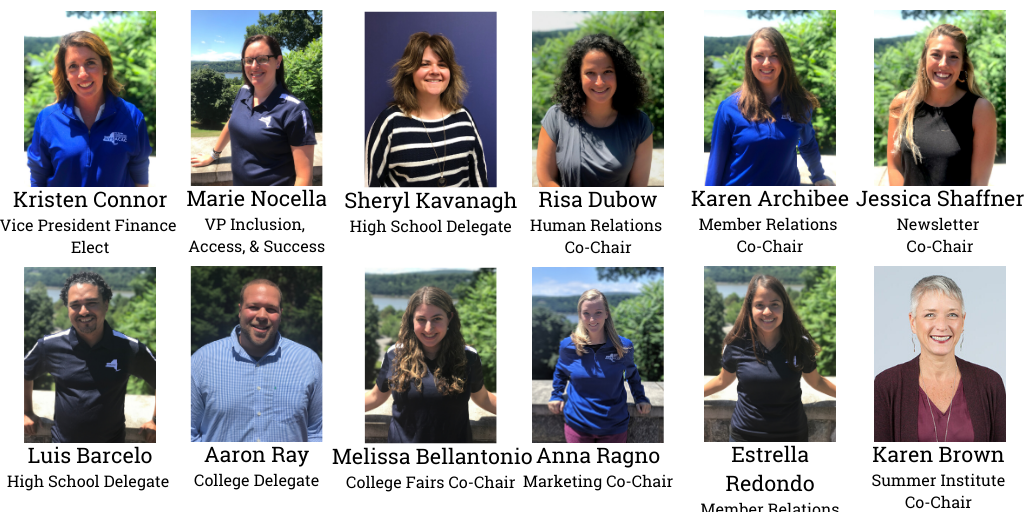 VP of Inclusion, Access and Success - Marie Nocella
VP Finance Elect - Kristen Connor
College Delegate - Aaron Ray
HS Delegate - Luis Barcelo
HS Delegate/Professional Development - Sheryl Kavanagh
College Fairs - Melissa Bellantonio
Human Relations - Risa Dubow
Marketing - Anna Ragno
Member Relations - Karen Archibee
Member Relations/College Delegate - Estrella Redondo
Newsletter - Jessica Shaffner
Summer Institute - Karen Brown
Immediate Past President - Cassie Magesis
|
